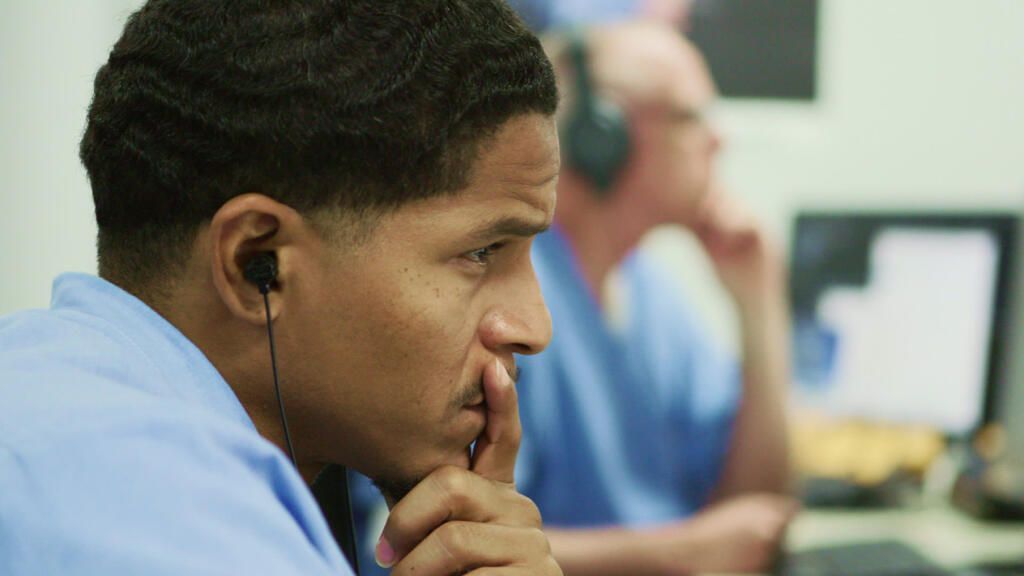Second Chance Hiring a Key to Ending Unemployment
Training programs work to unlock the human and economic potential of justice-impacted people through education and technology training

People who incarcerated generally experience roadblocks in securing a job once leaving prison, with lack of or outdated employability skills and limited job opportunities topping the list. Lack of employability skills is a major issue for many individuals released from the prison system due to a lack of educational attainment. Nearly 80% of all individuals in prison lack a traditional high school diploma, although approximately 40% of inmates earn their GED while incarcerated.
Job opportunities are limited as formerly incarcerated people are not eligible to work for all employers because of legal restrictions. People with a felony on their record are generally unable to secure employment in education, state and federal government, medical, and security fields. Most occupations that require a license such as real estate agent, barber, or accountant require a clean criminal background as well. Such restrictions leave low-paying, entry-level jobs as the typical employment option, which can make it difficult to make ends meet as costs of living increase, and successful reintegration into communities in imperiled.
Enter organizations like The Last Mile.
Headquartered out of Oakland CA, The Last Mile (TLM) is a nonprofit organization whose mission is to provide opportunities for personal and professional growth for justice-impacted individuals through education and technology training. TLM has leveraged the power of public-private partnerships with corrections departments and industry-leading companies to build and expand its programs. Programs are currently operating in 16 facilities across 7 states in the United States, including California, Indiana, Oklahoma, Michigan, North Dakota, Montana and Massachusetts.
Through in-prison education, transitional support, and workforce reentry, TLM is disrupting the system of mass incarceration across the United States. In-classroom curricula and course material prepare students for meaningful employment in modern job roles including web development, software engineering, and audio and video production. In the long term, providing incarcerated persons these employable and highly sought-after skills aims to drive down the recidivism rate and help people live lives of purpose and meaning. It discovered that using the knowledge of people in communities affected by problems, rather than falling back on top-down cookie-cutter solutions, produces better results in the long term.
With The Last Mile’s technical training, incarcerated individuals evolve into highly skilled, motivated, and valuable professionals who deliver for their employers, which drastically helps to reduce chances of recidivism. Statistically, 61% of individuals released from incarceration eventually end up back in prison; for graduates of The Last Mile, that number drops to 4%. It’s evidence that when we give people closest to societal issues the freedom to solve those problems, better solutions emerge.
In a podcast with the philanthropic community Stand Together, The Last Mile Vice President Evan Feinberg discussed why some organizations differ from other programs that attempt to solve some of society’s greatest challenges.
If you think about the way our country has tackled poverty, it’s as a resource problem. People lack something — how can we provide what they lack? You’re focused on the deficiency, and how do we effectively manage the deficiency. But if we knew what works, we would have solved these problems a long time ago. The need is not for efficient delivery of services or resources. The need is for social entrepreneurship and changemaking. Discovery. Innovation, as you put it. We need to find out what will work and realize what works today might not work tomorrow. We need social entrepreneurs who will be as dynamic as the problems that our country has.
So far, TLM has trained more than 1,200 people across eight states. The program boasts an impressive 75% employment rate, with many landing jobs at major tech companies like Slack, Zoom, and Checkr.
For a video feature on how programs like TLM can help drive down unemployment rates, watch "These employers are redefining what “hireable” means" on Youtube.
You can also visit the website for The Last Mile to learn more about their services and programs. The Last Mile works to unlock the human and economic potential of justice-impacted people through education and technology training.










